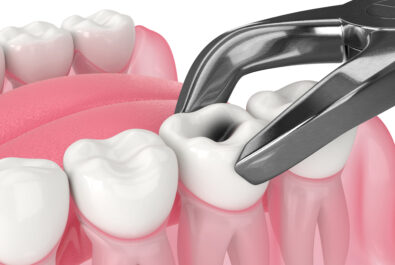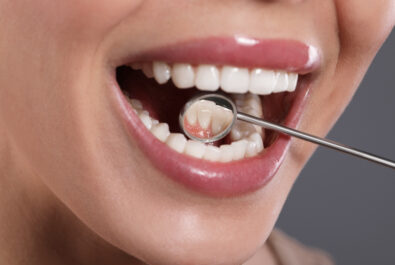Did you ever wonder why you have to fill out a medical history form at the dentist’s office? After all, he’s just fixing your teeth, right? Actually, the health of your mouth is intimately connected to your general health. Similarly, the state of your general health can amplify the risks associated with certain types of dental care, especially the complex or invasive care offered by an oral surgeon or general dentist who practices oral surgery. Today, we’re looking at two types of premedication commonly used in advance of dental surgery.
Premedication with Antibiotics
Certain dental procedures, ranging from a basic scaling and root planing for gum disease on up to extracting teeth and placing dental implants, require the dentist, hygienist, or oral surgeon to “invade” your body. Because these procedures occur inside the mouth, which is naturally teeming with microbes, the chance for bacteria to enter your bloodstream is high. In a healthy person, this doesn’t pose a problem: your body’s natural immune response will attack and destroy any microbial threat. However, if your immune system is compromised in any way, your body cannot adequately fight these new bacteria and the risk of infection increases.
To combat this phenomenon, most dentists will prescribe antibiotics to be taken before a procedure, as well as a course of antibiotics to take after the procedure. Antibiotics will help the body fight off infection so that you stay healthy and your dental treatment is a success. Conditions which usually require premedication with antibiotics include:
- Recent heart surgery.
- Heart murmur or other congenital heart problems.
- History of infective endocarditis.
- Joint replacement surgery.
Premedication with Oral Sedation
Not all instances of premedication before oral surgery depend on the patient’s medical history. For example, sedation dentistry using oral sedatives (known commonly as “oral sedation”) is entirely elective. Patients who experience dental fear and anxiety, those who have a very sensitive gag reflex, and those with a complex treatment plan might elect to premedicate with oral sedatives. Oral sedation protocol has the patient take one or two doses of anti-anxiety medication an hour before their appointment. The medication induces a deep sense of relaxation and detachment that lasts through the appointment and for a few hours afterward.
About Shawn Hofkes, DDS
With advanced training in oral and maxillofacial surgery and certification in oral and IV sedation, Shawn Hofkes, DDS provides advanced oral surgery services from our state-of-the-art dentist office in Cerritos, CA. To schedule your appointment or consultation with Dr. Hofkes, contact us today. We proudly serve patients of all ages from Cerritos, Lakewood, Long Beach, Buena Park, and all surrounding communities.













